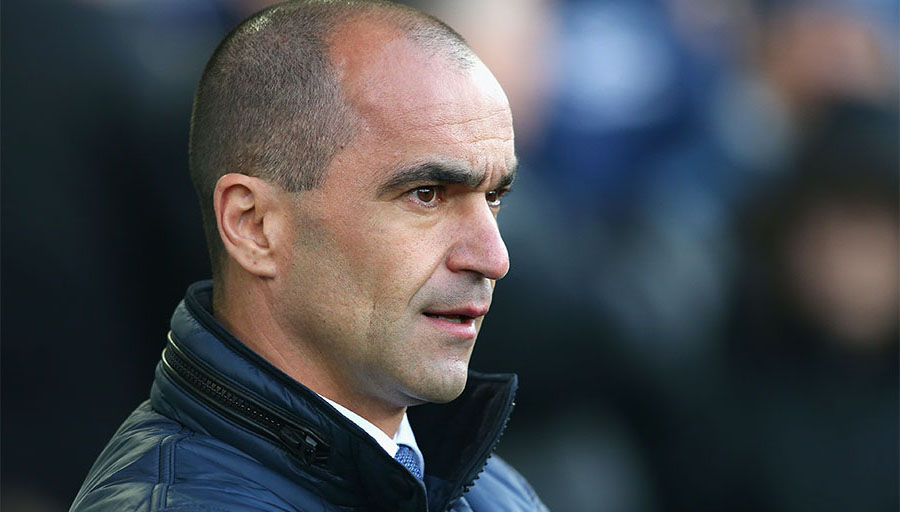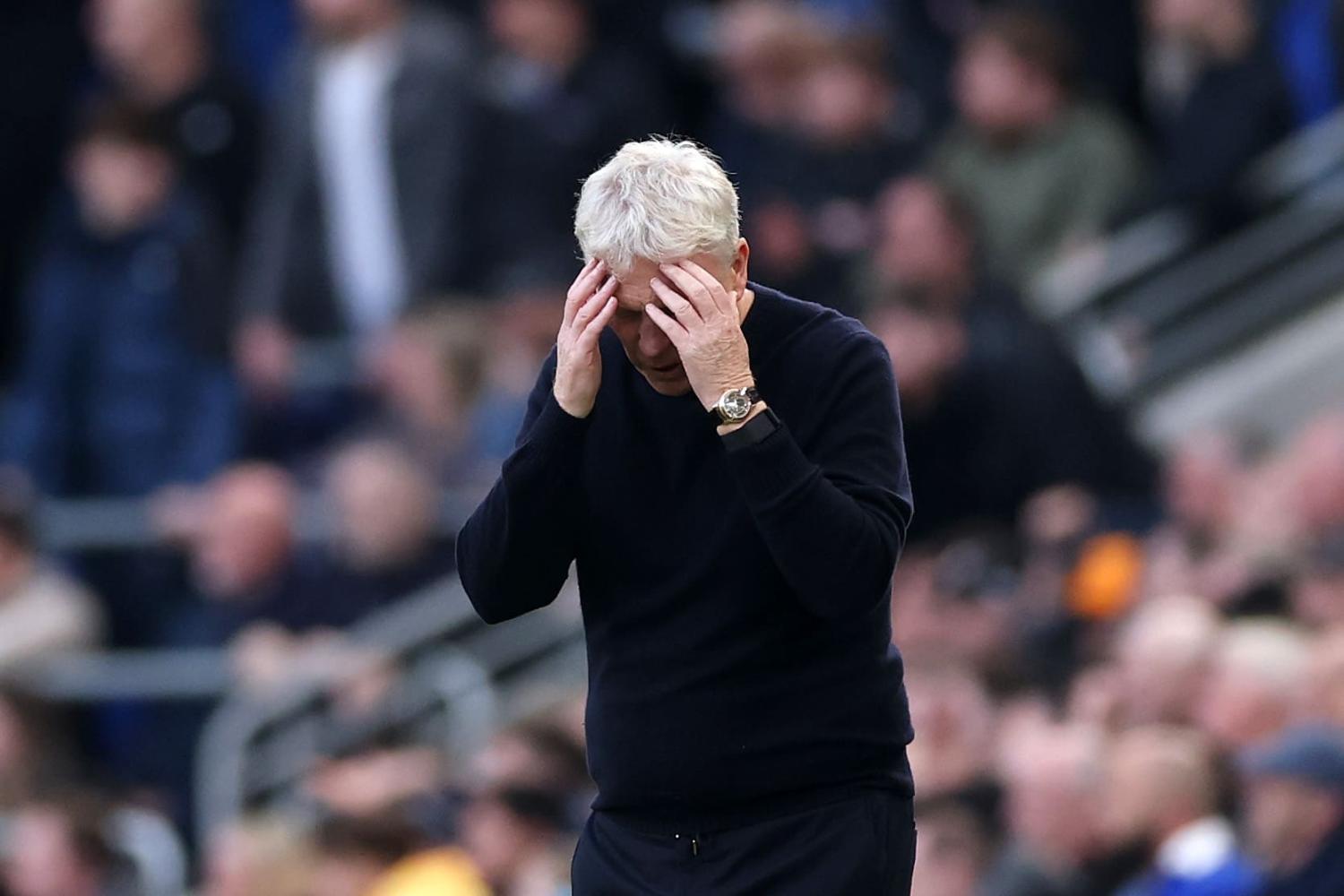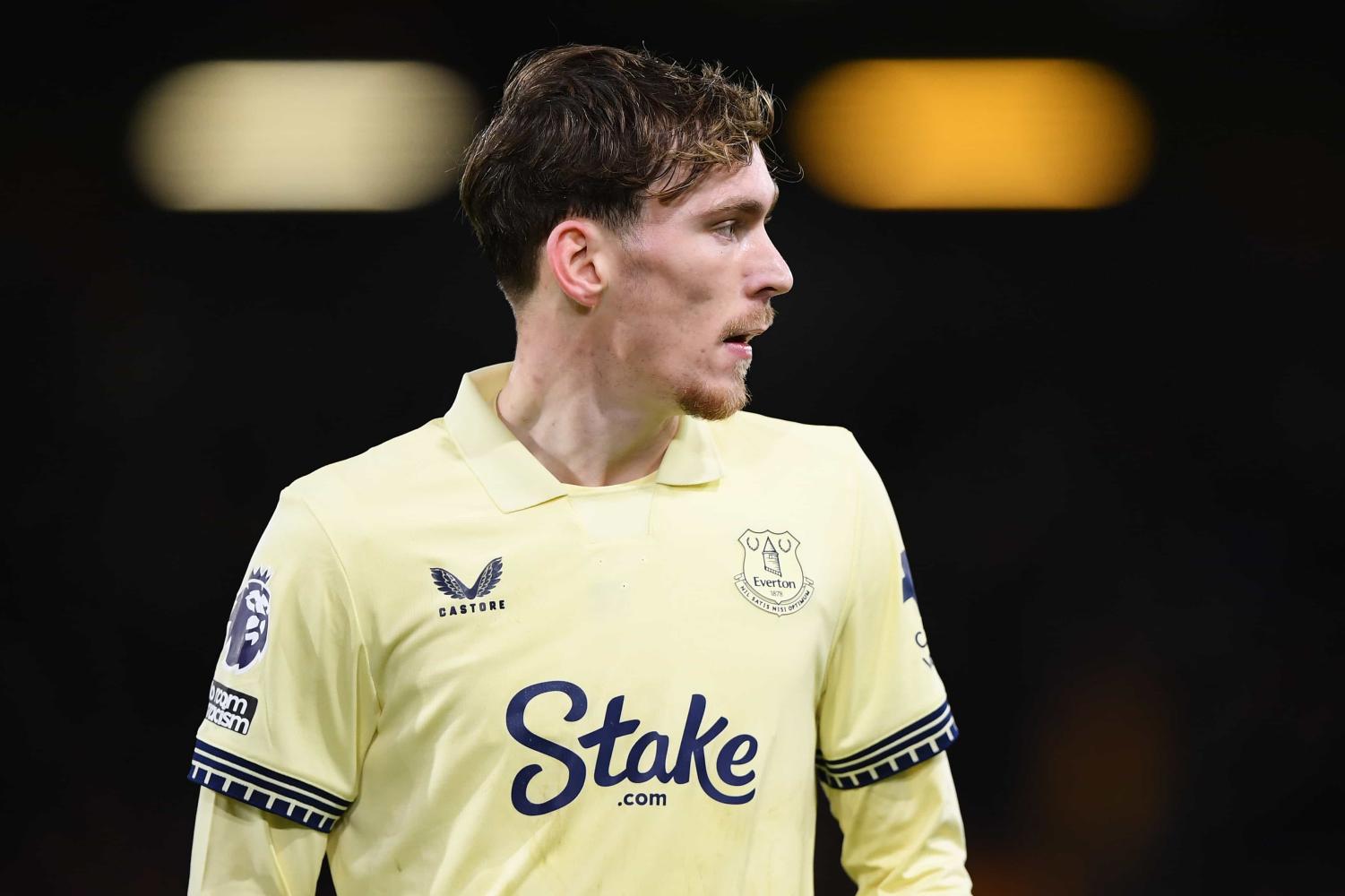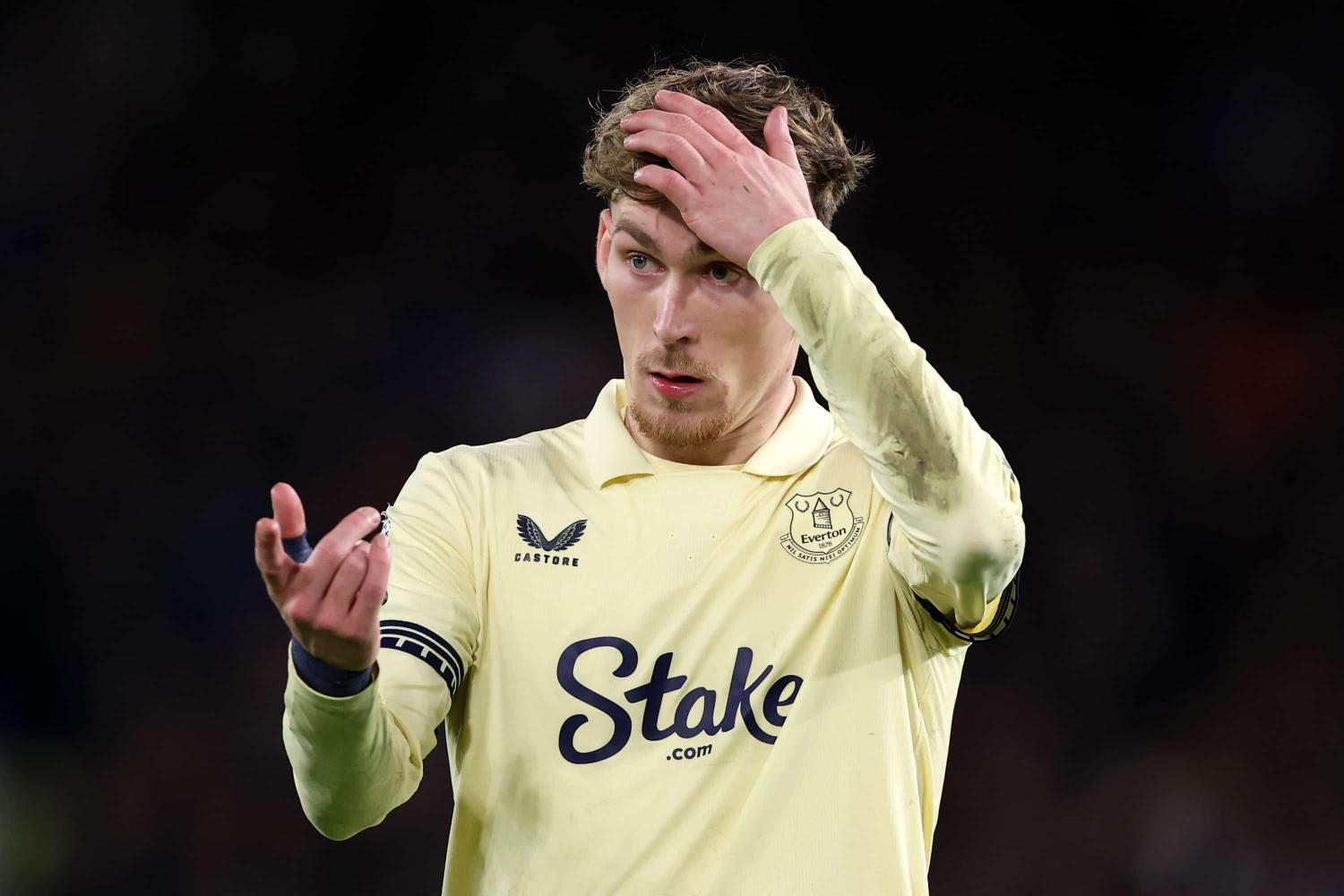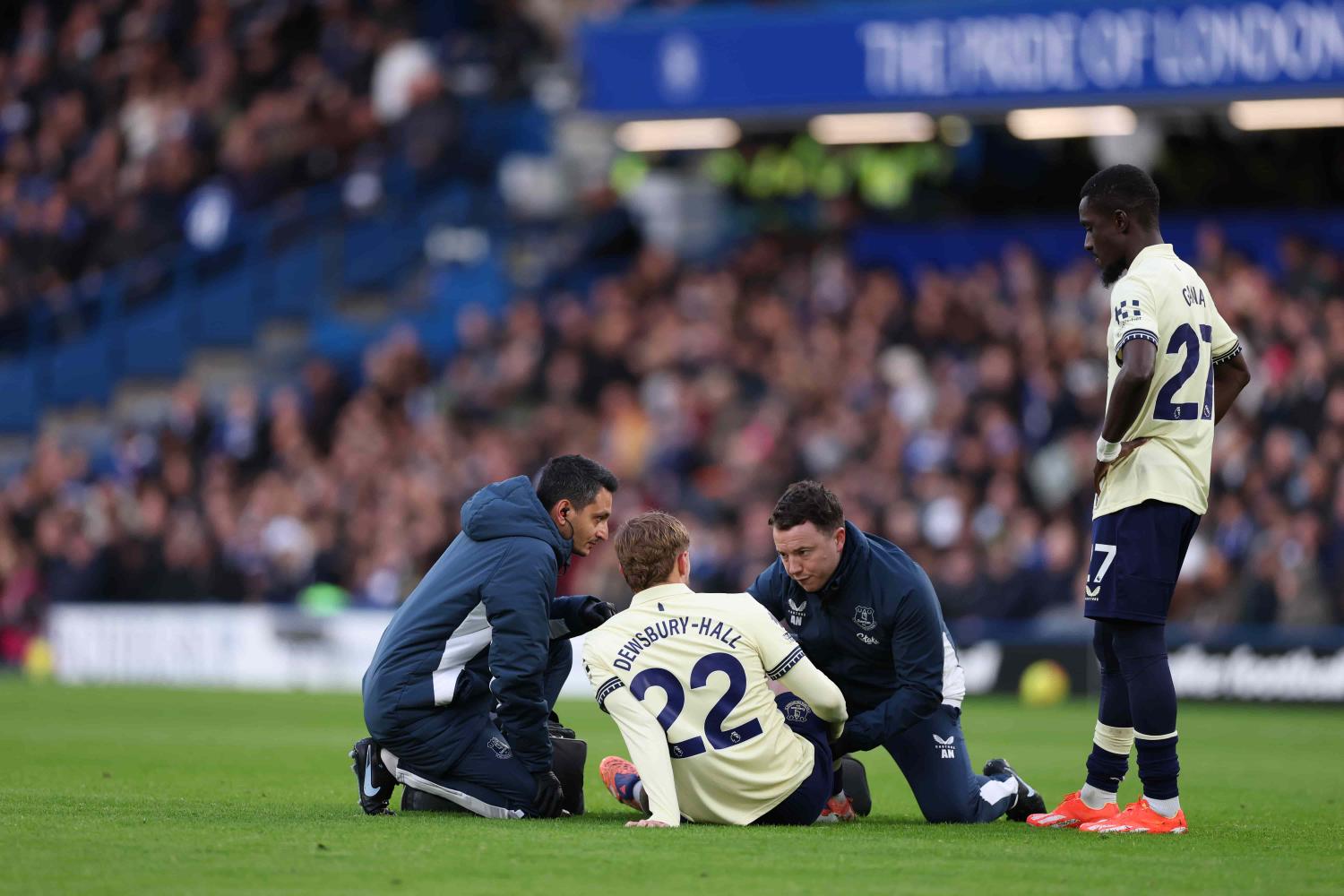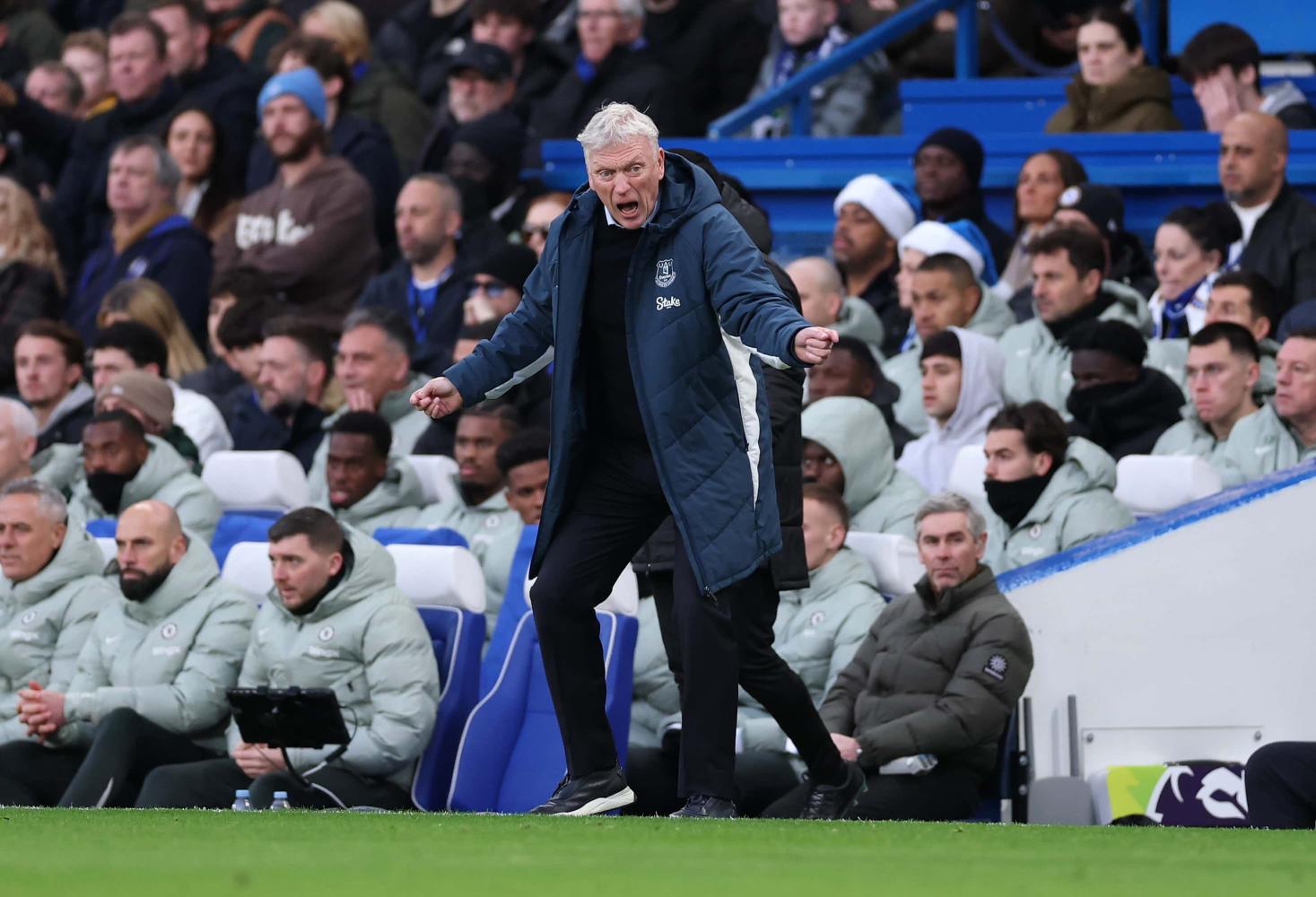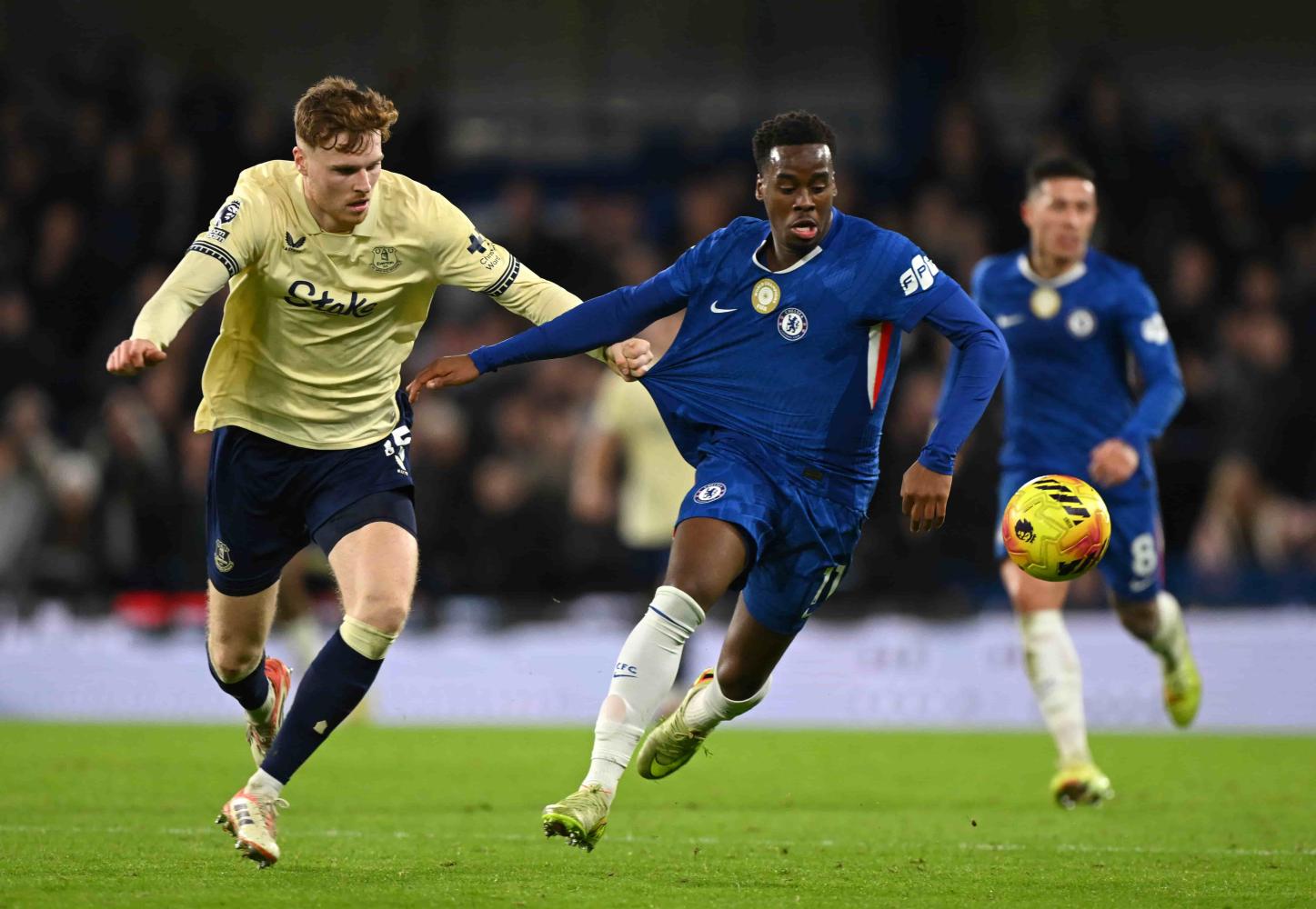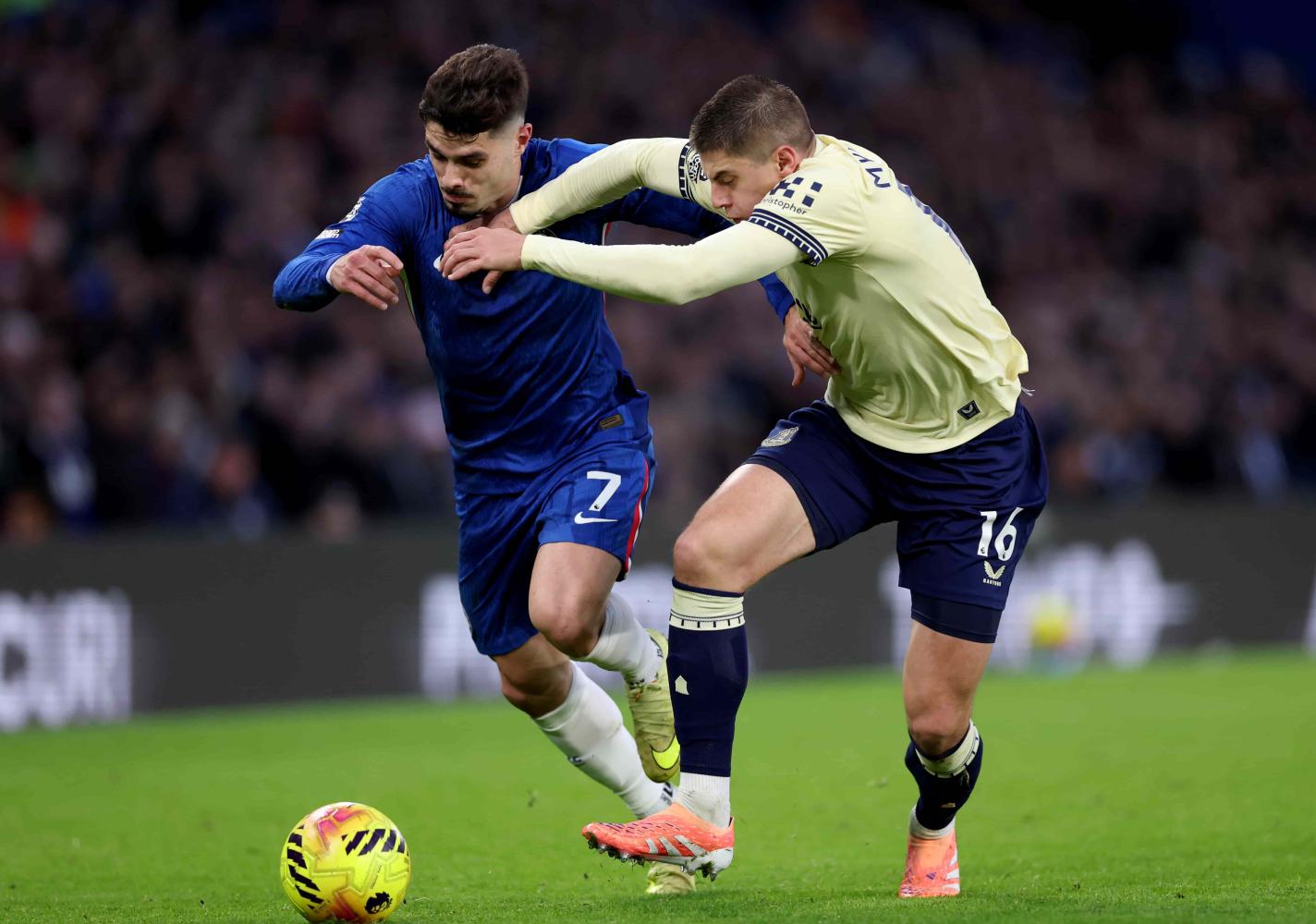Even at the time, the decision to appoint Roberto Martinez as successor to David Moyes seemed like a bold move and one based very much on the potential – not to mention, perhaps, the Catalan's powers of persuasion and optimism – of one of the country's up-and-coming managers.
His CV was, no doubt, bolstered in the eyes of Chairman Bill Kenwright by Wigan Athletic's demolition of Everton in the FA Cup quarter finals just two months earlier and the Latics' subsequent triumph over Manchester City in the final. However, it was a choice that clearly set aside the fact that the same team was relegated from the Premier League a week later under Martinez's stewardship.
Defined in many minds by his years at Wigan, perceptions of Martinez and his managerial style were pretty well established by the time he was unveield as the Blues' new boss in June 2013: too idealistic, too nice, too defensively naïve, too prepared to chase cups at the cost of survival. His first season in the Goodison hotseat seemed to blow all those preconceptions away but just two years later he would be unceremoniously dismissed with all those pre-conceived notions about his management cemented over the course of two miserable Premier League campaigns.
Early Career
Born in Balaguer, a town 150km north west of Barcelona, in 1973 and a defensive midfielder by inclination, Martinez signed for Real Zaragoza as a youngster while he continued his studies in physiotherapy. He made just two appearances for his local team, however, before he moved to England in July 1995 to join Wigan who were in the fourth tier at the time. Despite his Continental roots, he took to the uncompromising and unglamourous environs of lower-league football quickly.
After six years, he moved on to a brief spell in Scotland with Motherwell where he met and married his wife, Beth, then Walsall back south of the Border before he moved to Swansea City in January 2003. He would captain the Swans to promotion to League One in 2005, joined Chester City for a short stint in 2006 but returned to South Wales as player manager at Swanses in February 2007. The brand of passing, possession football he instilled at the Liberty Stadium was very much ahead of its time and almost unique at that level of English football but it has been credited as being instrumental behind the Welsh club's ascent from near-disaster in 2003 to the brink of the Premier League by 2009.
Having just missed out on a place in the Championship playoffs in 2008-09, Martinez answered the call of another of his former clubs, Wigan, that summer and took up the opportunity of managing in England's top flight for the first time. In four years, he battled a shrinking budget and the departure of some of the Latics' best players that perhaps contributed to the club's worsening league position year-on-year that eventually culminated in relegation after two very close calls in the two seasons prior.
Wigan had seemingly succumbed to the inevitable and while they had done so with some alarming defensive and goals-against statistics against the backdrop of Martinez's unbending adherence to a certain way of playing, the Catalan managed to escape much of the criticism. Certainly the arrival at Everton of a forward-thinking, smooth-talking manager was not greeted with an outcry of opposition by Blues fans, although it could be argued that 11 trophy-less years and a constant battle to break the "glass ceiling" between Everton and the Champions League under his predecessor had dampened expectations by 2013.
Nevertheless, there was a feeling that the team that Moyes had assembled was capable of breaking into the top four under the right manager, with addition of the right players and in his first season in charge, Martinez appeared to be answer to Evertonian prayers. Within months he was being lauded for bringing the School of Science ethos back to Goodison Park as his preference for attractive, attacking football founded on passing and possession struck a chord with supporters.
2013-14
The astute addition of Romelu Lukaku, Gareth Barry and Gerard Deulofeu on loan, combined with the signing of James McCarthy from Wigan ignited a campaign that had started slowly with three successive draws as the players adapted to the new manager's way of playing.
Where Moyes had aggravated fans with his "knife to a gunfight" rhetoric regarding away games against the top flight's power-house clubs, Martinez espoused a fearless "Sin Mideo" attitude that saw them beat Manchester United – albeit a Red Devils side struggling under Moyes himself – at Old Trafford for the first time in 21 years, record some handsome home victories over the likes of Arsenal and suffer just one defeat before Christmas that year, all on the way to recording Everton's highest points total of the Premier League era (72) and a fifth-place finish.
It was very nearly a miraculous start to Martinez's Everton tenure; with a month left of the campaign, his side were in fouth place having demolished Arsenal at home and had Champions League qualification in their hands, but damaging defeats against Crystal Palace and away at Southampton eventually scuppered the dream.
2014-15
Nevertheless, optimism was high for 2014-15, particularly when Lukaku was signed from Chelsea for £28m, obliterating the Toffees' record transfer fee for an incoming player and Barry was also tied down on a permanent deal. With Europa League football in the offing, Martinez strengthened the squad with goalscoring legend Samuel Eto'o on a free transfer, picked up promising Bosnia-Herzegovina international Muhamed Besic and signed Ghanaian winger Christian Atsu on loan.
Unfortunately, a pre-season programme that was severely disrupted by the World Cup in Brazil, where Martinez spent the summer as a TV pundit for ESPN and the likes of Phil Jagielka, Ross Barkley, Tim Howard, Lukaku and Kevin Mirallas all returned to Merseyside on staggered timescales, made for poor preparation for the new season. That was compounded by an injury to Barkley on the eve of the campaign, one that would sideline him for eight weeks.
While the season initially seemed to get off to a decent start, the Blues gave up leads in the opening two matches, most gallingly against Arsenal in their first home game where they allowed the Gunners to come back from 2-0 down withlate goals. That, combined with a 6-3 home defeat to Chelsea in the following match was an early harbinger of the troubles to come in the league wherethe wheels would eventually come off almost entirely at Christmas. Four defeats over the Festive programme, during which time Martinez appeared to have no answer to his team's failings, sparked a brief revival in the New Year when it emerged that the players had had heart-to-heart talks with the manager and asked to play a more direct style more suited to Lukaku's abilities.
However, the league season reached a nadir in a 2-0 defeat at Stoke City that had Evertonians seriously questioning Martinez's managerial acumen. Five wins from the remaning 10 games suggested that he might have been able to right the ship after all and there was optimism that, with the deficiencies in the Everton squad now identified – namely a creative "No.10-type" midfielder and a back-up striker – strong summer recruitment could render Martinez's second season an aberration; a bout of second-season syndrome.
Supportive of that notion had been the Blues' overall performance in Europe. Martinez's side topped their group with relative ease, beating a talented and much-fancied Wolfsburg team home and away in the process, before dispensing of Young Boys of Bern in the Round of 32 with an aggregate score of 7-2. In the next round, Everton travelled to Ukraine with a 2-1 lead from the first leg, equalised in the second leg through Lukaku but were eventually drubbed 5-2 on the night by a rampant Dynamo Kiev and dumped out of the competition.
Those two much-needed squad additions failed to materialise in the summer 2015 transfer window, however. Perhaps pinning his hopes on Barkley being able to carry the side as a No.10 or simply unable to land his targets – a promising bid for Andriy Yarmolenko collapsed late in the window after Dynamo Kiev owner Igor Surkis decided not sell – Martinez only managed to draft in Deulofeu and Aaron Lennon on permanent deals and acquire free agent Tom Cleverley for the midfield and Argentine defender Ramiro Funes Mori at centre half.
2015-16
Still, the 2015-16 campaign got off to a promising start, with the Toffees in fifth place at the end of September with just one defeat and a stirring come-from-behind victory at West Bromwich Albion pointing towards a potential tilt at the Champions League-qualification places. Unfortunately, that proved to be the high point of the league season; Everton would beat just one of the teams to finish in the top 14 in the Premier League between then and the end of the season and a run of just one victory in 10 games – with a 4-0 humiliation at Anfield the absolute low – would cost Martinez his job.
Potential redemption in the cups was also spurned, with Martinez's men throwing away a two-goal aggregate lead at the Etihad Stadium in the second leg of the Capital One League Cup semi-finals, losing 4-3 on aggregate to Manchester City, and then going down 2-1 to Manchester United at Wembley in the last four on the back of a weak first-half performance.
Coming three days after that 4-0 horror show against Liverpool, the cup defeat to United was believed to have been the final straw for Farhad Moshiri who had effectively taken the club over by acquiring a 49.9% stake three months previously. In de facto control, the British-Iranian billionaire immediately began making plans to find Martinez's successor, with the decision made to allow the Catalan to see out the remainder of the season before leaving with his dignity intact at the end of May.
Horrible defeats at the coronation of new champions Leicester City and then at Sunderland in the final 10 days of the campaign forced Moshiri to act earlier than perhaps intended, however. With supporter protests planned for the final match of the season against Norwich City, the Board sacked Martinez with immediate effect on 12th May.
While the Martinez era began with so much optimism and positivity and yielded a record points tally in his first season, a mostly inspiring run to the knockout phase of the Europa League in his second and two ultimately disappointing semi-final appearances in the domestic cups in his third year, history will ultimately not look too kindly on the former Swansea and Wigan manager.
He oversaw the first Everton team to go out of the League and FA Cups at the first hurdle in the same season and was responsible for the lowest total of points earned at home in the club's entire history based on three points for a win. He lost at Anfield 4-0 twice and managed to win away against the five traditional Premier League power clubs – United, City, Chelsea, Arsenal and Liverpool – just once in 14 attempts. Worst of all, though, he took a squad that was regularly finishing in the top seven, improved it by adding flair and a reliable 20-goals-a-season striker in Lukaku and still managed to finish in the bottom half of the league two seasons running.
Ultimately, his refusal to depart from a rigid view of how his teams should play, inability to fix glaring problems, manage matches from winning positions, or prevent himself from losing the faith and respect of his players proved to be Martinez's downfall and he was never able to see through his vision for Everton.

